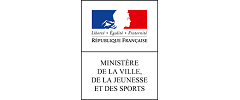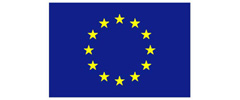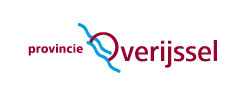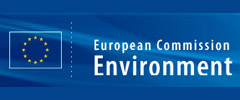A long trip from Ukraine to Munich because of Water
Ukraine delegation visits Germany through the MATRA water project
21.10.2004 |Margriet Samwel

Ukraine – Cooperation for Rural Sustainable Development
Involving citizens and local authorities in rural Ukraine in improvement of drinking water, sanitation and agriculture
Date: 12. – 17. October 2004
In the scope of the MATRA project „Ukraine– Cooperation for Rural Sustainable Development“ ,WECF invited the local Mama-86 project partners from Nizhin, Poltava and Yaremche, the Mama-86 Drinking water Campaign Coordinator from Kiev and several authorities of the different Oblast State Administration, the Chief of the Water sector reforming Department of the State committee of Ukraine to Bavaria. The Dutch Ministry of Foreign Affairs finances this project, which is going on from November 2003-2006. Several excursions on the issues water supply, water protection and wastewater treatment were organised in Bavaria, because beneath large-scale small-scale utilities are found.

In the three rural project areas is the supply with safe drinking water not an every day life. Hygienic sanitation is often absent. For drinking water dwellers rely often on polluted ground or river water. There is a lack of water protection, which causes partly a dramatically groundwater and surface water pollution.
But in the communities is also a lack on finance sources to maintain eventually existing drinking and wastewater systems. After the independence of Ukraine the regulation and responsibilities of public systems were not clear or established. The systems were often neglected.
In addition a high unemployment level in the rural areas of Ukraine is responsible for the inability of payment for common utilities, like drinking water supply.

The Ukraine delegation and representants of WECF, under them the president of WECF Marie Kranendonk, were invited for a meeting with the General-Consulate of the Netherlands, Mr. K. Spaans and for a meeting and discussion with the 3. Mayor of Munich Mr. H. Monatzeder and representants of the waste and drinking water utilities of the city Munich. A very interesting issue for discussion was the financing module of investment, operating and maintenance of waste and drinking water systems.
In Bavaria several utilities, which are good examples for a consequent water protection and effective water supply are found and visited. For example, to protect ground and source water against nitrate and pesticides, the water utility of Munich (Stadtwerke München GmbH) introduced and support organic farming in his water catchments areas. Without any treatment safe drinking water is delivered to more then one million inhabitants.

The most Bavarian water utilities supply groundwater without any additional treatment or disinfection as a safe drinking water to the households. This is possible, apart from the positive geo-hydrological circumstances, because of a good water protection management, a good maintenance and operating system. For the Ukraine visitors are this facts rather unusual.
Conventional and alternative wastewater treatment systems were visited, under them the very interesting planted soil filter in the village Bruck and the wastewater ponds of organic farm Herrmannsdorfer Werkstatten in Glonn. In Glonn the principles of organic farming and how to achieve by an adequate 7 year crop rotation a healthy soil were explained.

The visit of the Ukraine delegation to Munich and his surroundings was very important for the progress and the future development of the Ukraine MATRA projects, for new impulses and ideas. In addition good contacts were established and enlarged between the participants each other of the several areas and WECF.
Back in the Ukrain, overfilled with interesting and useful information, new ideas on water and wastewater management will be developed and promoted.
As some participants remarked the excursions were real “eye-openers”

































